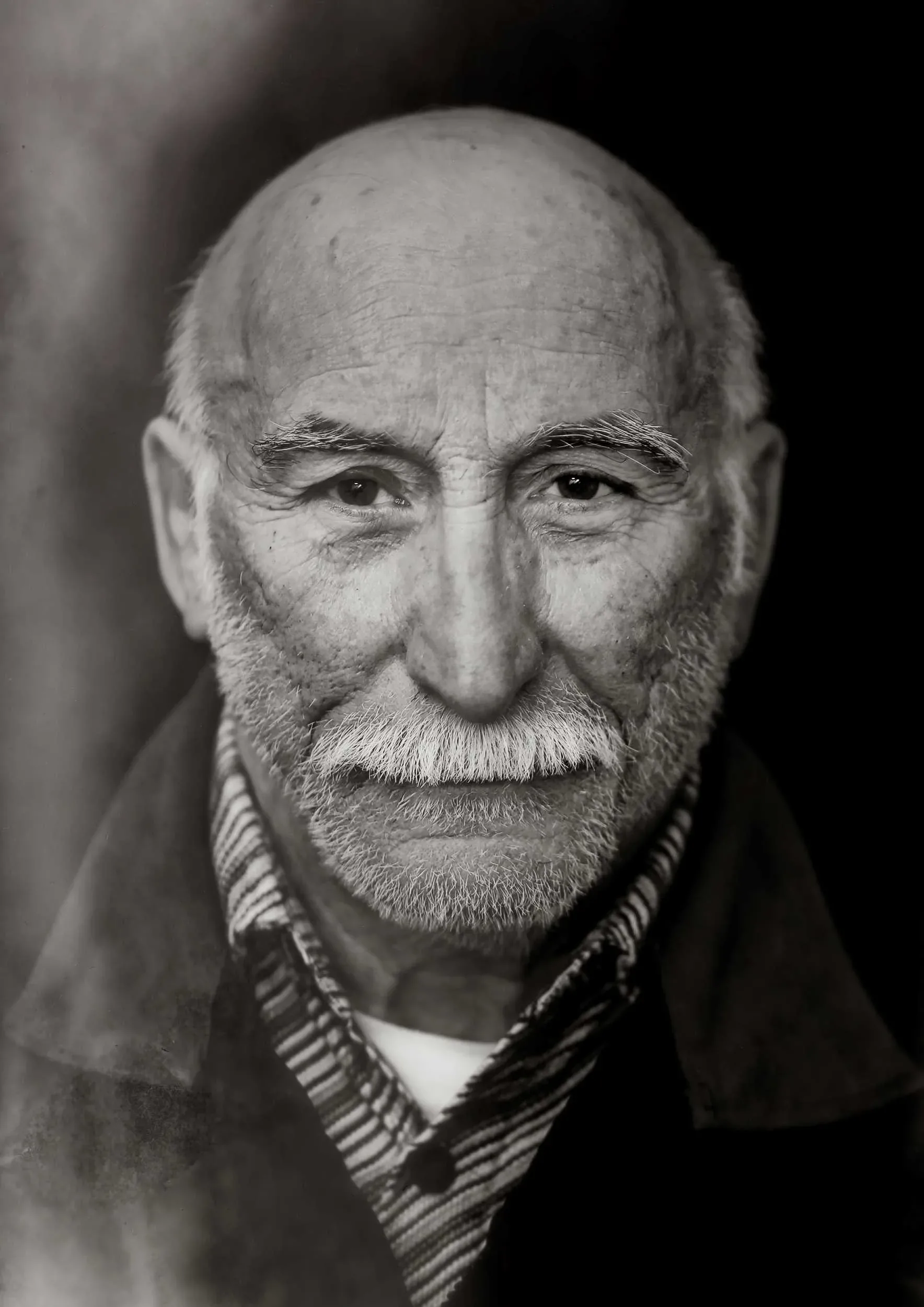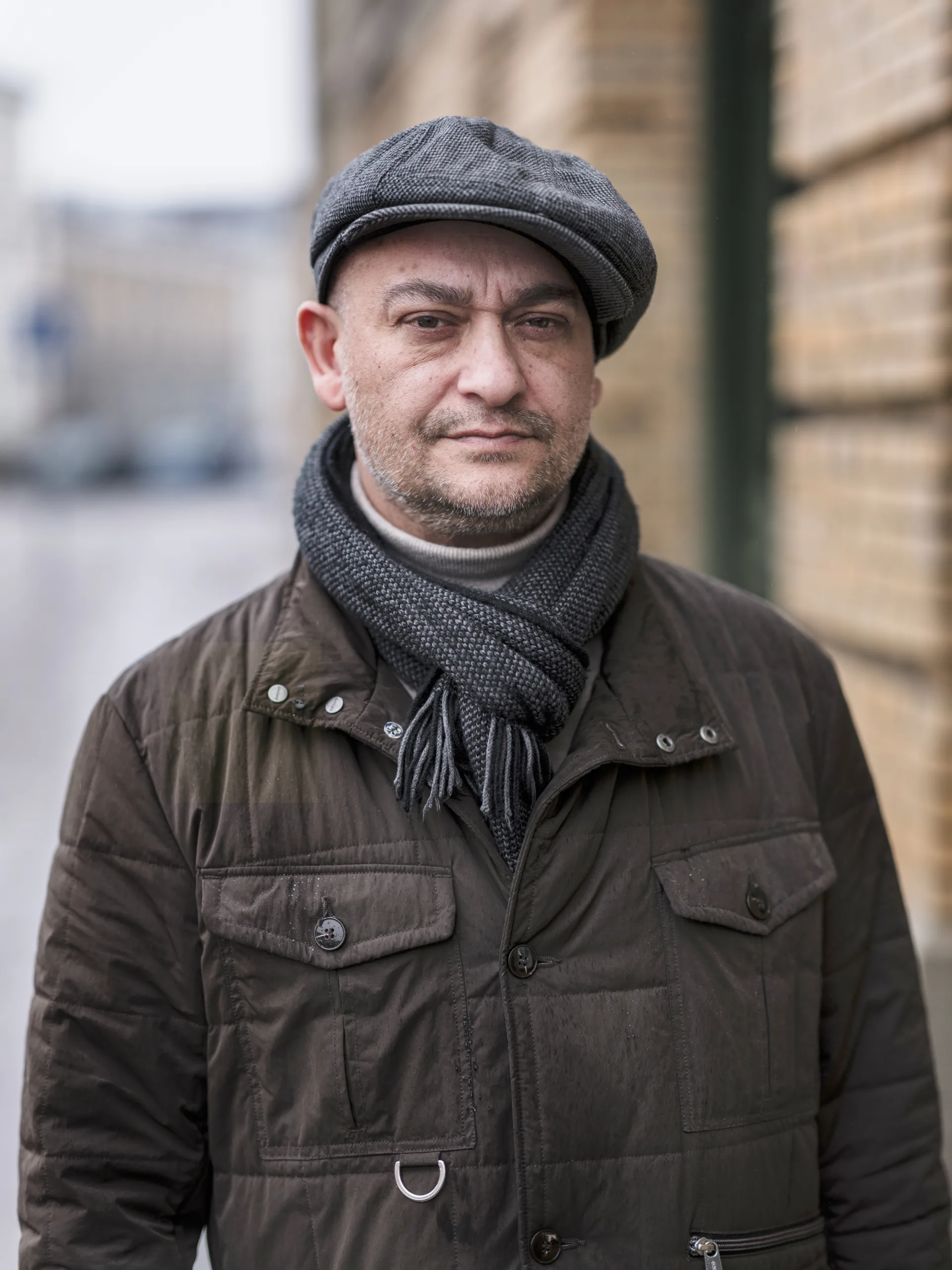Untold - Bronislaw
Bagir has shared the story of himself, his father, his grandfather, and his great-grandfather, and how they each, in different ways, tried to help their family and others survive the Holocaust.

The Family
Bronislaw Kwiek is born when the leaves fall from the trees and the war started in Poland. The family lives with grandfather Janko, who is a blacksmith, and grandmother Mara. Janko speaks Kelderasha. They live in Tarnów, Poland, outside of Warsaw. When a sibling falls ill, Bronislaw's father decides to go to Warsaw to buy medicine. He never returns. Grandfather Janko goes to find out what has happened but realizes that it is impossible. The family must flee.
During the escape, the family is stopped and lined up against a wall to be shot. Janko and Mara begin to speak Hungarian. When a Hungarian soldier hears them speak and understands that they live nearby, he changes his mind. The family receives a document stating they are Hungarians and can continue their journey.
Further along in their escape, they are stopped again and taken to a church where they are herded together with several other people. Bronislaw is locked in the church for a very long time, several hours, perhaps a day. The soldiers take them out in different groups and it becomes a very long caravan of people that marches. There are many people, both Jews and Roma from different groups.
The road winds, and just as they reach the corner of a turn, Janko and Mara take the chance and grab as many as they can, running into the bushes and managing to hide. They cover themselves, and the children can not make a sound for several hours. They succeed in hiding in the forest. There, they encounter partisans from whom they barter for food and receive help on which way to go and which roads to avoid.
Bronislaw and Bagir
In the 1960s, Bronislaw leaves Poland with his grandparents. In Yugoslavia, he meets his wife and starts a family.
When his son Bagir, born in 1971, grows up, he asks about his grandfather who disappeared while going to buy medicine. Great-grandmother Mara said they should not talk about old times because then the evil will return. There was a silence among the elders, but when Bagir reads about World War II in school and asks questions about the war, memories come flooding back.
When Bagir is in his twenties, he helps older Roma seek compensation for the war. He has a typewriter and can write in English. At first, he helps people from his own family. Then other older people ask for his help, even Roma who do not belong to Bagir's Roma group. It is heavy to hear all the testimonies.
Very few receive compensation. Many can tell which cities they came from but lack other documentation, a permanent address and proof of profession are required, which many Roma do not have.
